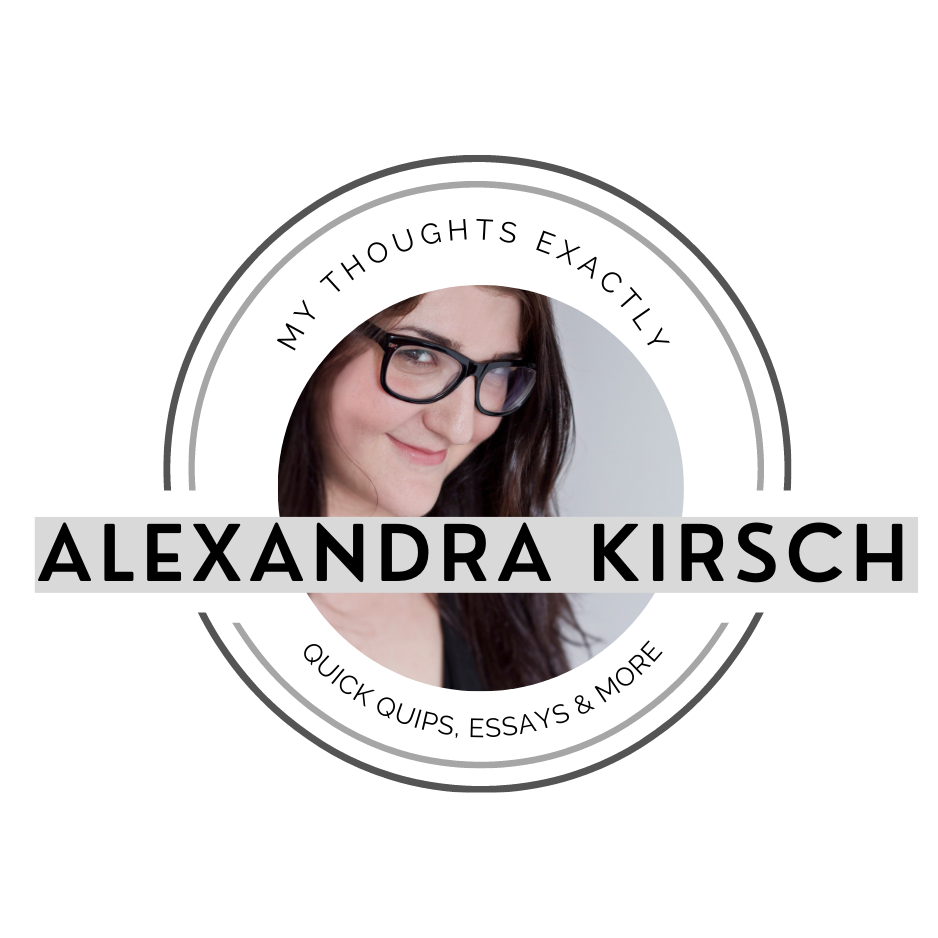About My Generation
While I’m sometimes guilty of using industry jargon (a practice which has inspired physical jargon bells in my office), I really cannot stand buzzwords.
Public relations may have deep roots, but as far as industries go, social media is a relatively new speciality area, and when it emerged, so too, did a smattering of descriptors for its target demographic.
Calling me a “millennial” — and worse yet, an “older millennial” — will summon the most cold-stone serious of stink-eye stares from my otherwise shayna punim.
The phrase millennial casts a wide net — it technically accounts for some 75 million people born between 1980 and 2000. Farhad Manjoo put it best when he said:
Although millennials are now the largest demographic group in the country (sorry, boomers), and though they are more racially diverse than any other generation in American history, they are often depicted on TV, in movies and music, and in the news (including The New York Times) as a collectively homogeneous cliché.
Nowhere is this more apparent than in corporate America, especially in the technology industry, which has long been obsessed with the dubious idea that young people are in the cultural vanguard.
Don’t get me wrong, I think I’m pretty fabulous, but I would never dub myself a cultural vanguard. Not even close.
I wince at the thought of being part of a generalized cultural clump that discounts the diversity of my generation. And, as Manjoo goes on to explain, “there’s a glaring problem with these and other efforts to go after the younger among us: Millennials aren’t real.”
I couldn’t agree more. My passionate disdain isn’t just in reaction to a perceived misnomer, but more so because of my larger beef (or tofu) with the closed-mindedness of generational marketing.
I lead a team of social strategists, and while the clue may be in their title, everything they (really “we”) do is rooted in strategy — a practice that’s very foundation is dependent on understanding the target audience.
Caging an entire segment within the confines of broad generational rhetoric is lazy, and it’s high-time to un-teach it. We live in an age where mapping out a sophisticated set of personas — or personality types that your content should speak to — is conveniently at our fingertips, just a few taps away. Alongside the rise of the social strategist has been the role of digital analyst, a function that every digital team should have. These are the people that offer credibility to what would otherwise be healthy hunches with strong strategic intent.
With the data available, it’s downright irresponsible to rely on generational marketing to guide any sort of smart thinking and most importantly: authentic, relatable stories.
I guess my problem is that I expect more — from myself, my industry and even consumers. I expect us to think of ourselves as deeper than “boomers” or “millennials.” I’ve been called a lot of things — and yet somehow, millennial irks me most. I’m a communicator, a wife, a dog-owner, a pescetarian, a Michigander and more; my age doesn’t define me, and yet because I’m young and grew up in tandem with the booming tech industry, I get stripped of what makes me standout.

